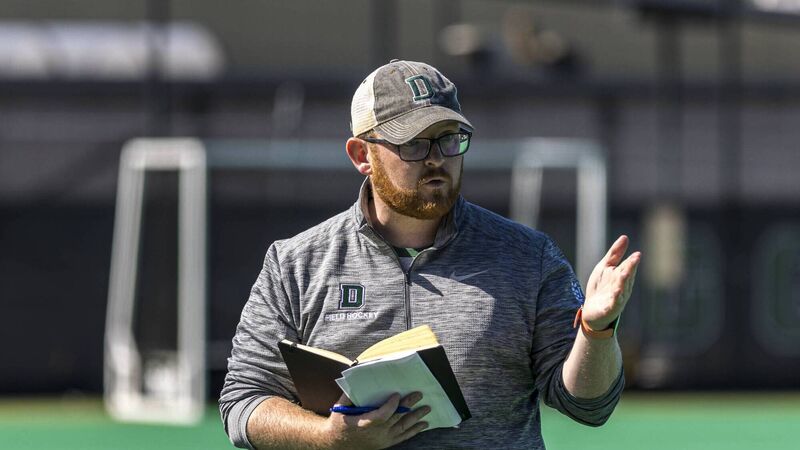John Riordan: Spreading hockey gospel, the Corkman in an Ivy League of his own

Hitting the books: Cork native Mark Egner is looking to revitalise Dartmouth College's women's hockey team. Pic: Supplied
Mark Egner had just hauled himself over 600 miles north for an exciting new opportunity as the head coach of the Dartmouth College Women’s Field Hockey team.
The Corkman was in the Ivy League now. He had been lured away from his assistant coaching job at the College of William & Mary, the second longest running academic institution in the US, nestled in the oldest of colonial Virginia.









